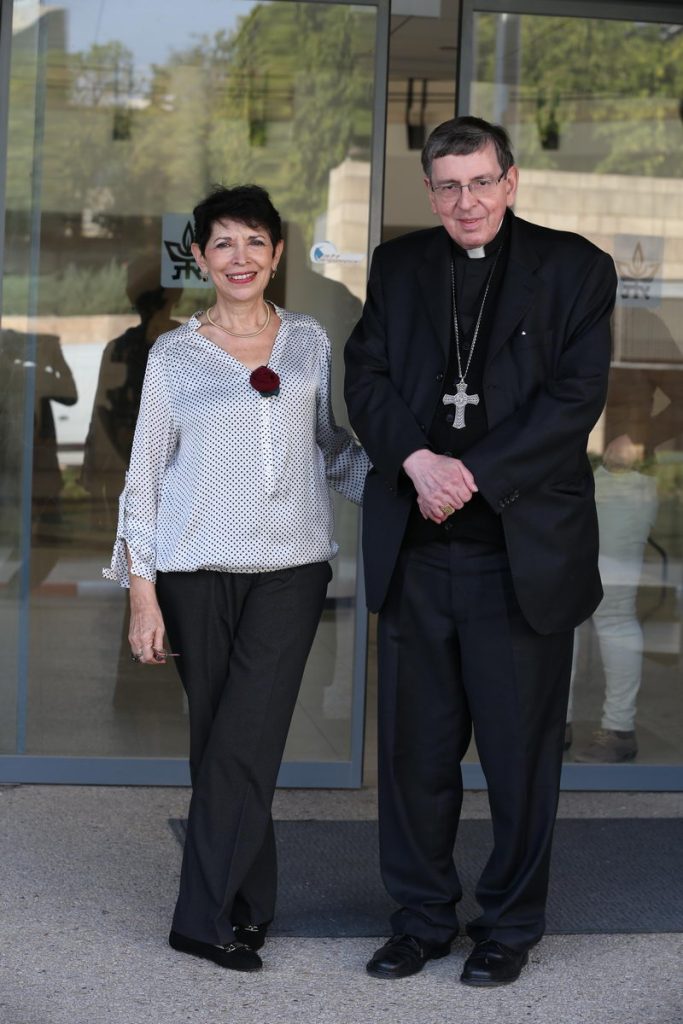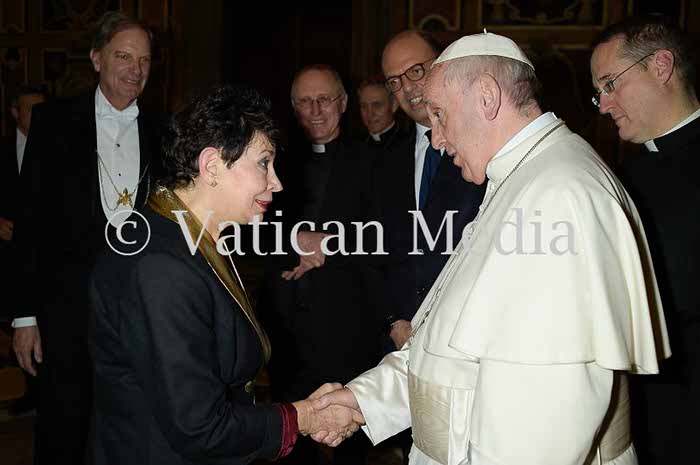A New Era? Christian-Jewish Relations in post-Cold War Europe.
Abstract:
In December 2015, during a festive gathering at Tel Aviv University, a book – the first of its kind – was launched: In our time: Documents and Articles on the Catholic Church and the Jewish People in the Wake of the Holocaust.[1]The volume includes papal and Vatican announcements, sermons, declarations, and agreements, all concerning a dramatic change in the attitudes of the Catholic Church towards the Jewish people and Israel, issued within a 50-year span: from the conclusion of the Second Vatican Council (1965) until the end of 2015. Taking a look at more recent declarations and papal addresses issued since 2015, the main research questions that arise now, in the 2020s, are: how were the unprecedented changes occurring within the Church implemented? Have they filtered down to the vast number of Catholic believers – a billion and a quarter worldwide – and changed the deep-seated, centuries-long negative attitudes towards the Jewish people? Has the downfall of the former Eastern Bloc, which opened a new era in so many aspects, affected Christian-Jewish relations, particularly in Europe? Finally, what are the present formal and informal Jewish reactions? Attempts to find some of the answers will rely on the analyses of texts and interviews with officials and activists on both sides.


[1]In Our Time: Documents and Articles on the Catholic Church and the Jewish People in the Wake of the Holocaust. Edited by Dina Porat, Karma Ben Johanan, Ruth Braude. Tel Aviv University Press 2015